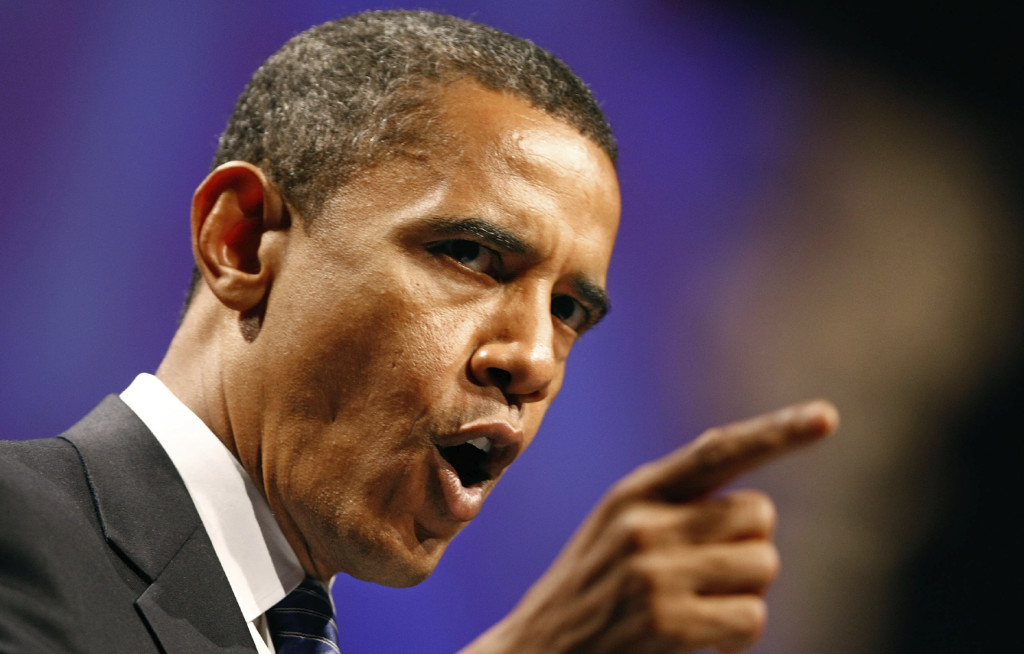ICYMI: Yesterday, AEA President Tom Pyle penned an op-ed on National Review Online explaining why states must utilize all three branches of government to prevent EPA from imposing President Obama’s carbon regulation. Below is an excerpt from the piece:
The most effective way for a state to protect its citizens is for the governor to refrain from submitting a state implementation plan before there is legal resolution — the “do no harm” approach. This will help send a clear signal to utilities and state regulators that no steps shall be taken to implement the rule until its legality is determined.
There is no reason for governors to submit a state plan in 2016. The EPA wants states to believe they have two choices — a state plan or a federal plan — but this is a false choice. States can instead submit an “initial filing” that criticizes the rule and requests a two-year extension. The initial filing does not force states to make any binding commitments to implement the rule. In fact, states should be able to acquire an extension simply by saying the regulation is so drastic and expensive that they need more time to consider options and engage with “vulnerable communities” (EPA’s words) who will suffer the most. Such a filing would be consistent with the bold leadership of Governors Fallin (Okla.), Pence (Ind.), Walker (Wis.), and others who have said they do not intend to submit a state plan.
State legislators also have a role to play, especially in states where the governor is uninterested in stepping up or intends to support the Obama administration. Already more than half of the states have introduced or enacted measures that ensure legislative accountability. Arkansas, for instance, passed a law last year that requires the legislature to approve any state plan before the governor submits it to the EPA.
The legislative role is overlooked but important. To comply with the EPA’s requirements, many states would need to pass new laws mandating renewables or setting up cap-and-trade systems. The EPA has no authority to tell states to pass laws they may otherwise oppose, and legislators should assert their right to refrain from being commandeered to do the EPA’s bidding.
The president’s carbon regulation is so legally vulnerable that states actually have a chance to defeat it. However, states will lose if they bank on legal challenges alone. Without strong signals from the executive and legislative branches in the states, utilities will begin to comply with the rule well before the courts decide its fate, rendering hollow any future legal victory. To protect their citizens, state leaders should reject calls to implement Obama’s federal energy takeover before full legal resolution.
Click here to read the full op-ed.
###
